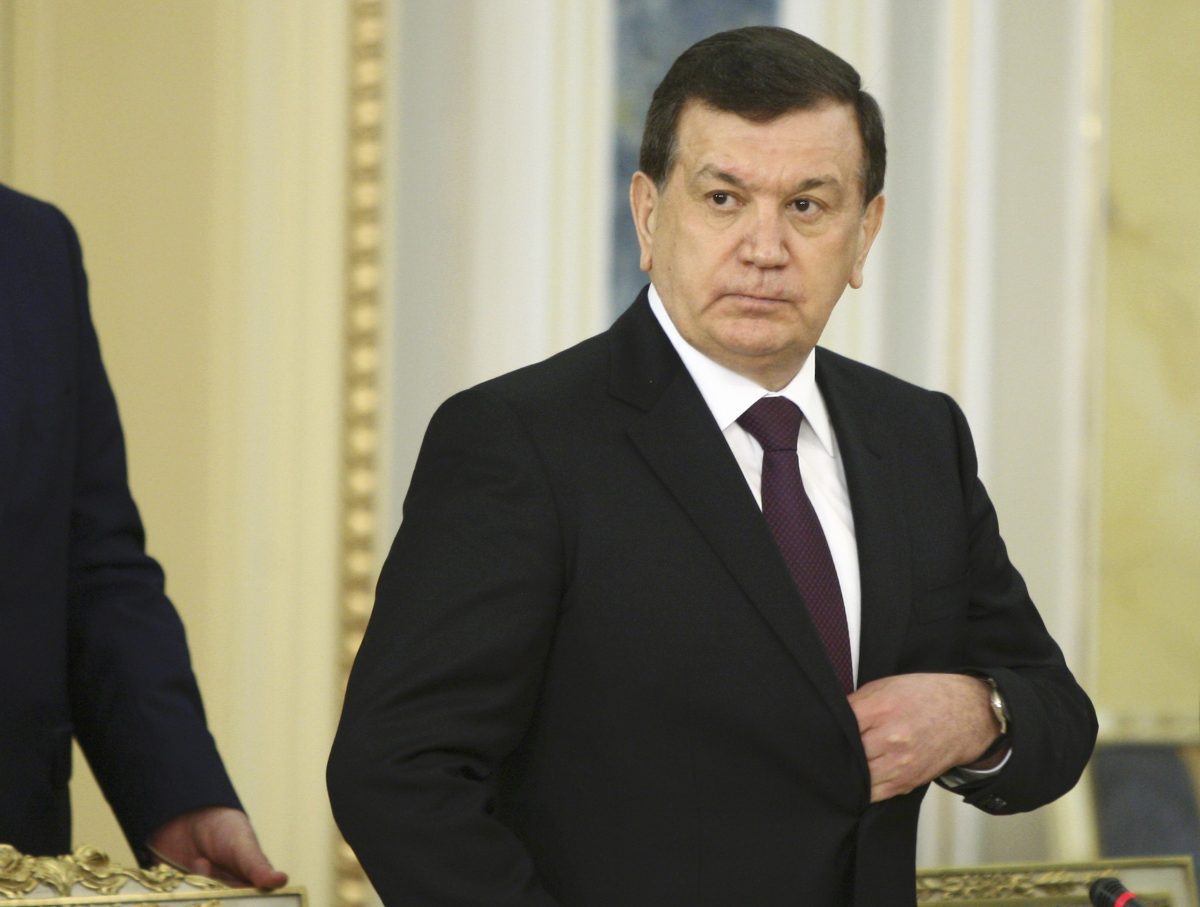Global Courant 2023-05-18 12:24:50
Over the next two days (May 18-19), Presidents Xi Jinping of China, Kassym-Jomart Tokayev of Kazakhstan, Sadyr Japarov of Kyrgyzstan, Emomali Rahmon of Tajikistan, Gurbanguly Berdimuhamedov of Turkmenistan and Shavkat Mirziyoyev of Uzbekistan will meet in person for the first time. They attend the first China-Central Asia Summit in Xian, Shaanxi Province, China.
The summit follows the fourth China-Central Asia foreign ministers meeting and the first China-Central Asia economy and trade ministers meeting last month. Certainly, it represents the beginning of an even deeper cooperation between the countries rather than, as some might assume, just another diplomatic engagement of little significance.
The six leaders are expected to sign several political agreements ahead of future cooperation across the geopolitical and economic landscape of the region.
What’s more, the summit reaffirms that regional multilateralism is strong and that Central Eurasia has created a working collective diplomatic platform with downstream delivery networks.
In recent years, the six countries have concretized their respective interests for closer integration, meeting separately and on multiple occasions on a broad spectrum of socio-development and difficult geo-economic issues, including the resolution of border disputes.
Despite the tensions in the area, there is optimism throughout the region. To underline the seriousness of the developments, President Rahmon visited Kazakhstan ahead of the summit and President Mirziyoyev traveled to Tajikistan, Kazakhstan and elsewhere. Presidents Japarov and Tokayev are in constant contact. Presidents Rahmon and Japarov are working on bilateral issues.
Even Turkmenistan’s elusive president has spread his wings and involved colleagues across the region; Berdimuhamedov has traveled to China three times in the past 12 months.
And President Xi seems omnipresent, he recently traveled to Kazakhstan and Uzbekistan to discuss business instead of doing a few photo shoots on his way to another place.
Bilateral and multilateral engagement
At the summit, the various leaders are expected to sign some 20 bilateral and multilateral agreements that will range from trade and investment to cultural exchanges and connectivity, i.e. highways, railways, ports and digital and transit infrastructure. Regional economic integration will be at the top of the summit’s agenda, with billions of dollars on the table.
Without a doubt, President Xi will address geopolitical crises and woes such as the Russo-Ukrainian War and Afghanistan, while gamesmanship and inter-regional tensions will be dealt with behind closed doors. The leaders will not allow troublemakers and spoilsports to throw monkey wrenches at the summit agenda.
At one May 16 press conferenceas if he couldn’t hide China’s role in the region’s development, Wang Wenbin, the spokesman for China’s foreign ministry, seemingly effusively stated:
“Over the past decade, we (China and Central Asian countries) have jointly implemented a number of major projects that have benefited the region and its people in various ways.
“The China-Kazakhstan Horgos International Border Cooperation Center and the China-Kazakhstan Logistics Base in Lianyungang have been completed, providing a gateway to the Pacific for Central Asian countries. The China-built tunnel of the Angren-Pap railwaythe longest tunnel in Central Asia (19.2 kilometers), saved locals the trouble of climbing through the mountains or taking a detour through neighboring countries.
“The China-Kyrgyzstan-Uzbekistan (CKU) highway has become an important international transportation route, running smoothly through the mountainous terrain of the region.
“Four-fifths of China-Europe Railway Express trains pass through Central Asia. They are a steel caravan for the Eurasian continent. Last year, the total trade volume between China and Central Asian countries reached a record high of USD 70 billion.
“These tangible results provide a solid foundation for both parties’ continued commitment to mutual respect, good neighborliness and friendship, mutual support in times of difficulty and win-win cooperation.
“We believe the summit in Xian, where the ancient Silk Road began, will revitalize the millennia-old trade route and usher in promising prospects for China-Central Asia cooperation. The summit will contribute to an even closer community between China and Central Asia with a shared future.”
While numbers and time frames are difficult to verify, Taiwan news reported that “China’s direct investment in Central Asia exceeded $15 billion at the end of March this year. There’s more in the pipeline.
As I wrote in Global Courant in 2022: ‘Just like US-led June 2021’Build back a better world‘ (B3W) infrastructure initiative proved to be a flop, so in all likelihood the recently announced (June 2022) US$600 billion joint EU/UK/US plan –’Partnership for global infrastructure and investment‘ (PGII) – suffer the same fate. The failure of the domestic version of B3W in the United States is well known in Asia.”
Regional integration
The top may make some surprising announcements, such as the further extension of a visa-free regimes between China and Kazakhstan and Uzbekistan (similar arrangements are being made with the other countries); the signing of a Memorandum of Understanding to jointly establish a “Air Silk Road“; and the region-wide expansion of yuan trade and investment, especially given the recent surge in trade between China and the entire region, as David Goldman reported in Global Courant.
In September 2022, Kazakhstan and China signed a memorandum to allow settlement of certain transactions in yuan. The decision to settle in yuan is in line with the Joint statement from the Shanghai Cooperation Organization summit in Uzbekistan last September, where countries agreed on a roadmap to expand the use of local currencies in trade.
Finally, in addition to promoting regional integration, the China-Central Asia Summit may prompt Brussels and Washington to consider a foreign policy more anchored in realism and common sense than in moralizing and unhealthy games. Let’s wait.
Similar:
Loading…








